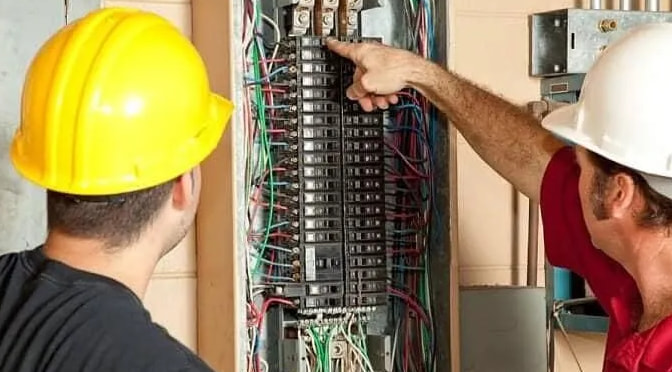Can I Replace a Circuit Breaker Myself?
If you find yourself grappling with a faulty circuit breaker, the question of whether you can replace it yourself might arise. The answer, however, isn't a straightforward yes or no. While some individuals with electrical expertise may feel confident undertaking this task, it's crucial to consider various factors before attempting a DIY circuit breaker replacement. Let's delve into the intricacies of circuit breakers, the potential risks involved, and when it might be prudent to seek professional assistance.
Understanding Circuit Breakers
The Role of Circuit Breakers
Circuit breakers are crucial components of your home's electrical system, designed to protect circuits from overloads and short circuits. They act as safety devices, interrupting the flow of electricity when an abnormality occurs, preventing potential fire hazards.
Types of Circuit Breakers
There are various types of circuit breakers, including standard, ground fault circuit interrupters (GFCIs), and arc fault circuit interrupters (AFCIs). Each serves a specific purpose, and understanding the type installed in your electrical panel is essential for any replacement.
Signs of a Faulty Circuit Breaker
Common indicators of a malfunctioning circuit breaker include tripping frequently, a burning smell near the electrical panel, or physical damage. If you notice any of these signs, it's imperative to investigate the issue promptly.
Can You Replace It Yourself?
Factors to Consider
1. Electrical Knowledge:
If you possess a solid understanding of electrical systems, circuits, and safety protocols, you may consider a DIY approach. However, electrical work demands precision and expertise.
2. Local Regulations:
Check local regulations and codes. Some jurisdictions require electrical work to be carried out by licensed professionals. Ignoring these regulations may lead to fines or compromised safety.
3. Type of Circuit Breaker:
The type of circuit breaker matters. Replacing a standard breaker may be simpler, while GFCIs and AFCIs involve additional complexities and safety considerations.
Risks of DIY Circuit Breaker Replacement
1. Electrical Hazards:
Working with live electricity poses inherent risks. Inadequate knowledge or a single mistake can result in electric shock, injuries, or damage to the electrical system.
2. Fire Hazards:
Incorrectly installed circuit breakers may fail to provide the necessary protection, increasing the risk of electrical fires. Safety should always be the top priority.
3. Warranty Voidance:
DIY replacements may void equipment warranties. If the breaker malfunctions later, you might face challenges in seeking warranty-covered repairs or replacements.
When to Seek Professional Assistance
1. Limited Electrical Knowledge:
If your understanding of electrical systems is limited, it's advisable to hire a licensed electrician. Safety should never be compromised in favor of cost-saving measures.
2. Complex Circuitry:
For GFCIs and AFCIs or intricate wiring systems, professional assistance is highly recommended. These circuits demand specialized knowledge to ensure proper installation and functionality.
3. Local Regulations:
Always adhere to local regulations. If your area mandates professional electrical work, hiring an electrician is not just prudent; it's a legal requirement.



